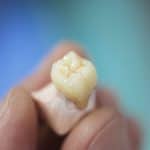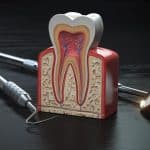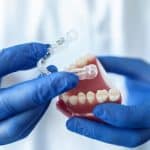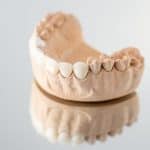Services
How can we help you?
Look after your oral health by letting our trained and certified hygienists help you establish a good routine.
At expatdental®, our oral hygienists and dentist can help educate and encourage your child to take great care of their teeth.
Brighten your smile quickly in our office! In-chair whitening is closely supervised by our dentists and hygienists for faster results.
Would you prefer to whiten your smile at home? We can make you custom trays for optimal effects of our whitening agents.
Break the pain cycle with special treatments for bruxism so you can discourage clenching and grinding and get better sleep.
Let’s talk about the different cosmetic dental treatments that can enhance the appearance of your teeth and smile.
Discover ways you can enhance your face and smile that are more affordable, minimally invasive and have lesser side effects.
We have a full range of orthodontic treatment for the whole family. These include braces, Invisalign®, adult orthodontics and retainers.
Don’t live in pain! If you have discomfort when chewing or eating, or sensitivity to hot or cold, let’s figure out what’s going on.
Need a dental filling? Dental fillings can now be done very conservatively, maintaining as much healthy tooth structure as possible.
A combination of treatments designed to restore your smile to its healthy best. We offer a variety of treatments for your unique needs.
Lost or removed teeth? A dental implant can be a permanent solution to getting your smile and functionality back.
Tooth and/or gum pain can have a big impact on your daily life. If you’re in pain, let our dentist figure out how best to help.
There are various reasons why you might need to have a tooth pulled. Tooth extraction is usually done by a dentist or an oral surgeon.
Waking up in pain? Bruxism is the unconscious habit of clenching and grinding your teeth. This can cause a frustrating pain cycle.
Having issues with your wisdom teeth? If they don’t come through properly, they may cause infection, pain, cysts, ulcers and swelling.
Let’s digitally design your smile together! Discover our comprehensive process to help you get the smile of your dreams.
We don’t believe in a one-size-fits-all orthodontic approach. expatdental® offers a wide range of orthodontic treatments.
Cosmetic dentistry shouldn’t start and end inside the mouth. Our dentists can provide in-office injectables and dermal fillers.
Show off a brighter smile! Whiten your teeth in our office or at home – choose what best fits your time and budget.

Our Service & Material Warranty
You keep up on your regular routine cleanings and if something we treated breaks, we’ll fix it at no cost to you.
Learn more
Our expat dentists are passionate about what they do and—more importantly—about helping you. We believe in building relationships with our clients, whether you call Singapore your permanent home or only plan on staying here for a few years.

Internationally trained & certified
Our dental team comes from the US, UK, Canada and Singapore, and has more than 55 years of combined experience in dentistry.

Transparent pricing. No Surprises.
You will have the full breakdown of any treatments and pricing upfront so there are no surprises.

We believe in your happiness
If you aren't satisfied with a treatment, we will discuss your concerns and figure out the best way to help. This is just one of the reasons more than 13,000 clients have chosen expatdental®!















































